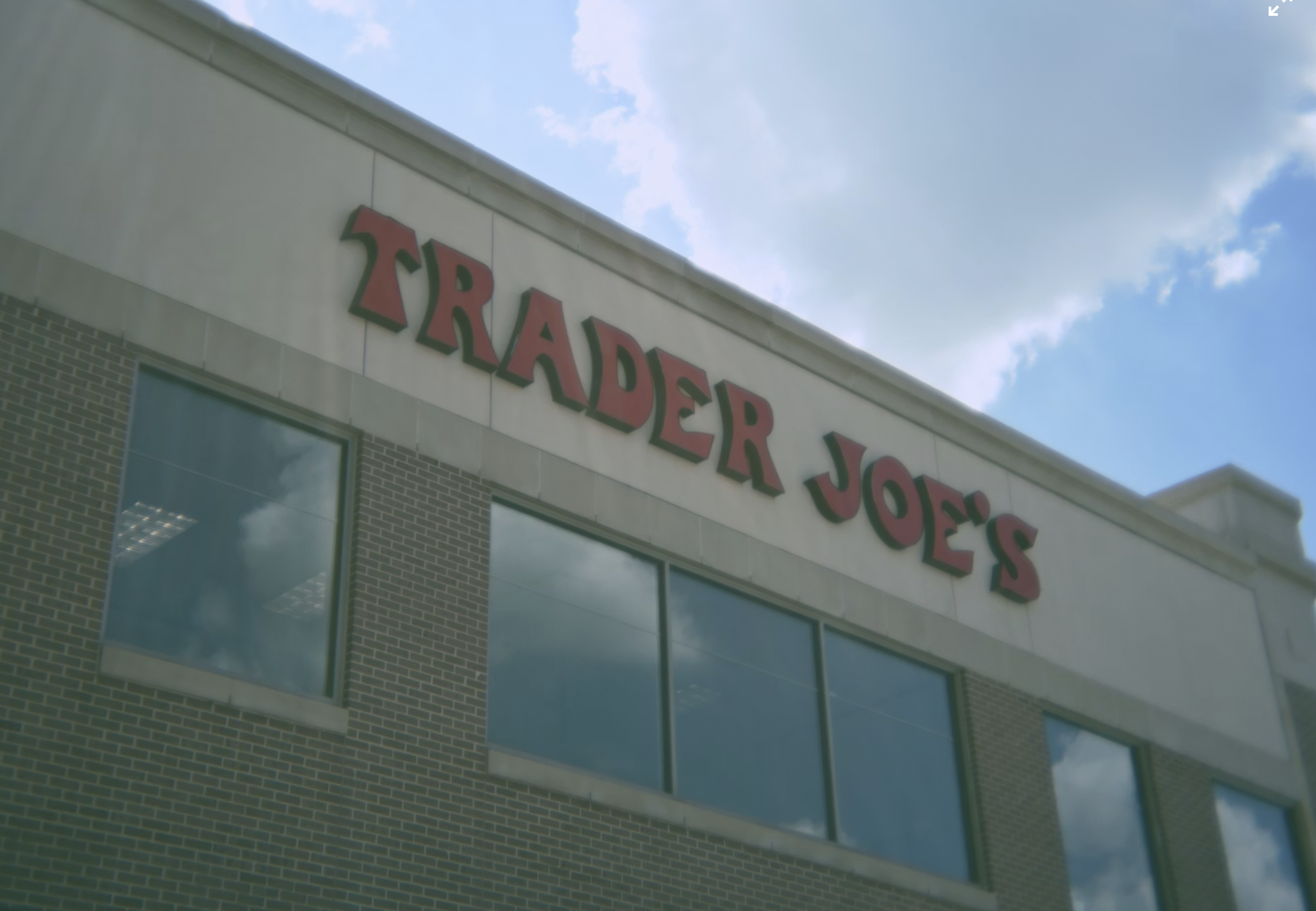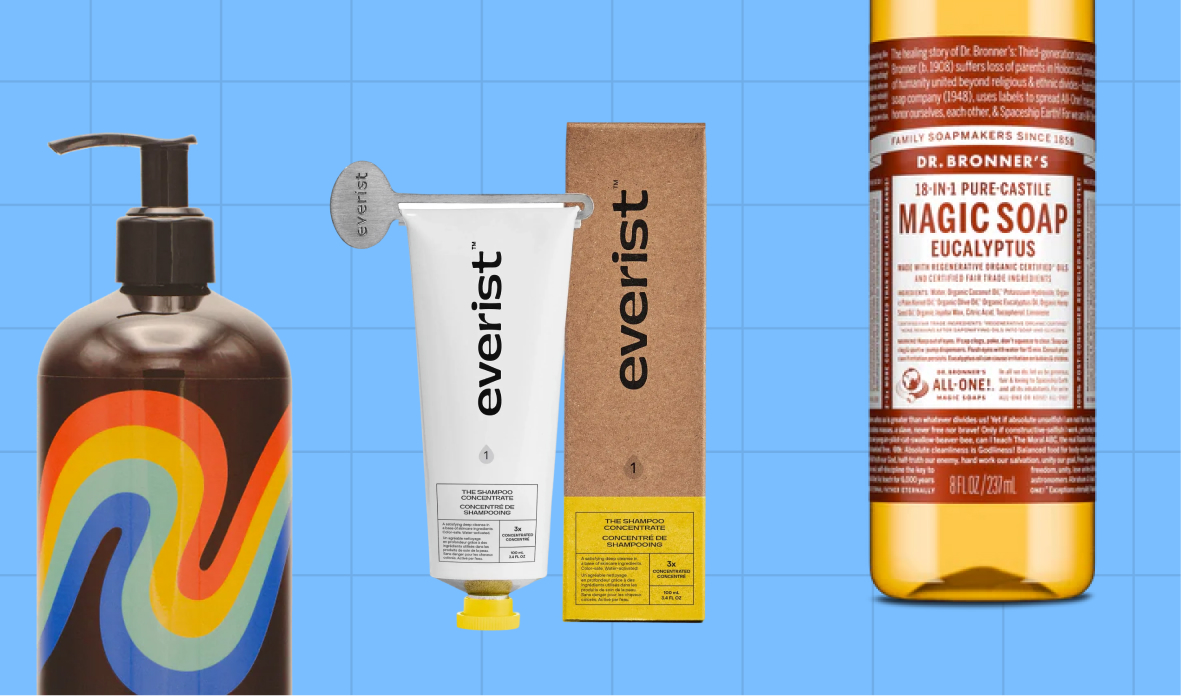The Top 11 Fast Fashion Brands to Avoid

Join the community





Fast fashion and ultra-fast fashion is everywhere. From online ads to thrift stores, these brands are focused on selling as many clothes as possible, cutting every corner to get there. Ultra-fast fashion brands like Shein and Cider and fast fashion brands like H&M and Zara have built business models that rely on overconsumption, plastic fabrics, and underpaid labor.
Commons rates brands based on their impact on the planet and people. Here are the most popular fast fashion brands that are best to avoid.
Want to see more fast fashion brands to avoid? Check out out list of 51.
1. SHEIN
Shein's clothes are made predominantly made from plastic materials, contributing to microplastic pollution. Plus, the company manufactures at a rapid pace, introducing microtrends and fueling customer hauls and overconsumption. Plus, an expose revealed their exploitative worker practices, underpaying and overworking employees to produce thousands of styles every week to encourage microtrends.
{{cta-join3}}
2. CIDER
Cider is considered an ultra-fast fashion brand, churning out new items very quickly and charging very low prices, incapable of properly compensating its workforce. Their clothes are made predominantly made from plastic materials, contributing to microplastic pollution.
3. REVOLVE
Revolve is a fast fashion brand that prides itself on producing 1,500 new styles per week in 2022. Like the other brands on this list, they show intention to reduce their use of detrimental materials or practice fair worker treatment.
4. Forever 21
Forever 21 is a fast fashion retailer founded in 1984. Over the past 40 years, they’ve continued to encourage mass consumerism with poorly made garments that are not made to last. The brand is linked to forced labor and cites lack of financial support to pay employees a living wage.
5. H&M
H&M is a global fast fashion giant known for its wide range of trendy clothing. The brand uses some eco-friendly materials and has a decent score in the Fashion Transparency Index. Unfortunately, it's still producing far too many styles, promoting overconsumption. They have sustainability goals with no feasible evidence of how to meet them. And there’s no evidence that they pair their employees fairly.
6. Zara
Zara is a fast fashion retailer acclaimed for its quick turnaround of runway-inspired styles, offering a blend of high fashion and accessibility. The biggest hit on Zara is that it's not paying their workers a living wage. In addition to that, it doesn’t use eco-friendly materials, and it's churning out new styles at an unsustainable pace.
7. Nasty Gal
Nasty Gal is a bold and edgy online fashion retailer recognized for its daring and trendsetting styles that appeal to a confident and fashion-forward audience.
While they use renewable energy in their stores and offices, there’s little evidence of any other sustainability efforts. Their Fashion Transparency Index score is low, there’s no evidence of living wages in its supply chain, and there’s no evidence they’re attempting to reduce water use.
8. Asos
Asos is an online fashion destination, providing a vast selection of clothing, accessories, and beauty products with a focus on diversity and inclusivity.
Unfortunately, there’s little effort of their diversity and inclusion efforts in their actual supply chain. In addition, their supply chain lacks crucial labor standards.
While they use some low-impact materials, there’s no evidence that they’re making any attempts to minimize textile waste or protect biodiversity. They have some claims for animal freedom, but they lack actual implementation or transparency.
9. boohoo
Boohoo capitalizes on micro-trends with low-cost, low-quality pieces. Its supply chain lacks labor standards and transparency. The brand doesn’t seem to be making efforts to use eco-friendly or non-hazardous materials or eliminate textile waste.
10. Primark
Primark is based in Ireland, with a large UK audience. The fast fashion brand manufactures clothes, accessories, and home goods. Among its shortcomings, Primark’s lacks labor standards throughout the supply chain with no evidence of mitigating textile waste.
11. Uniqlo
At first glance, this Japanese casual wear brand may not seem like fast fashion. It releases fewer styles than ultra-fast fashion brands, and most pieces are decent quality. While it's not the worst fast fashion offender, Uniqlo is considered a fast fashion because of its fast pace of new styles.









.jpg)



